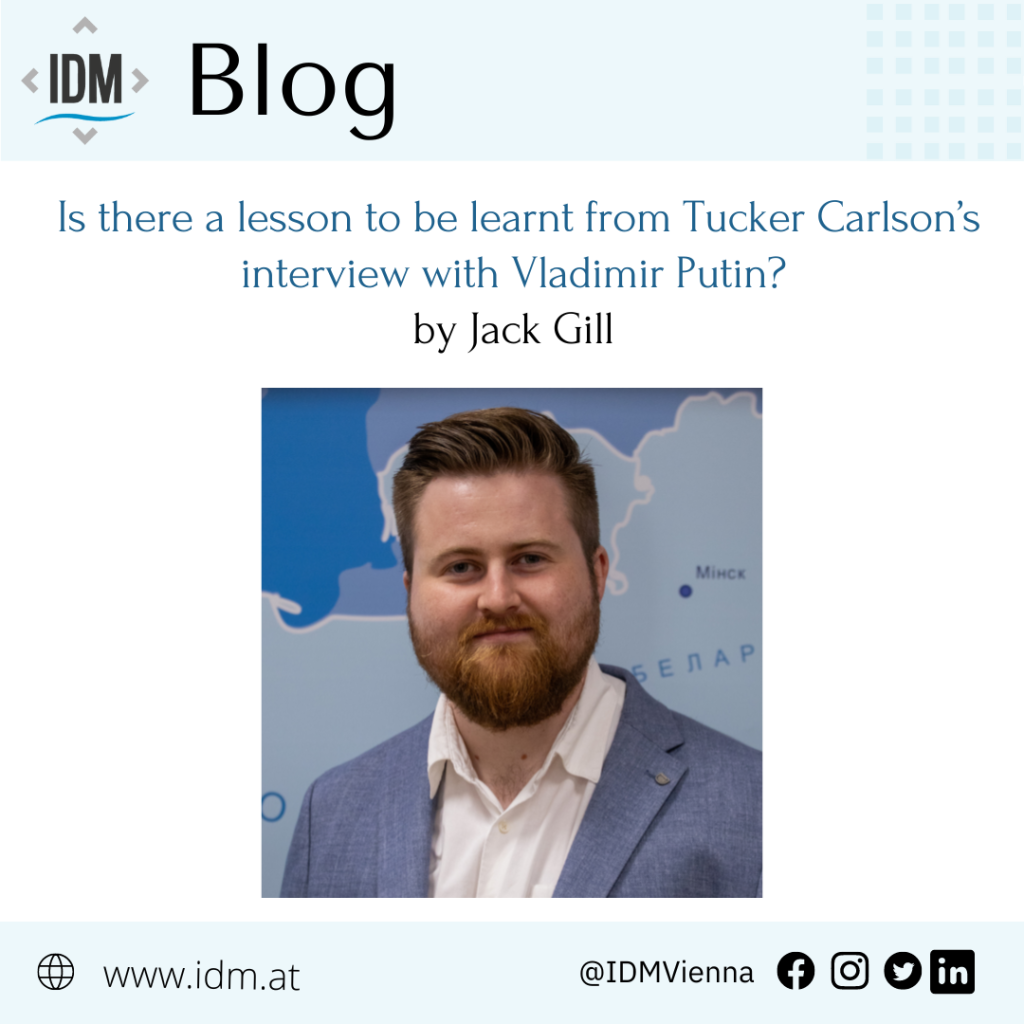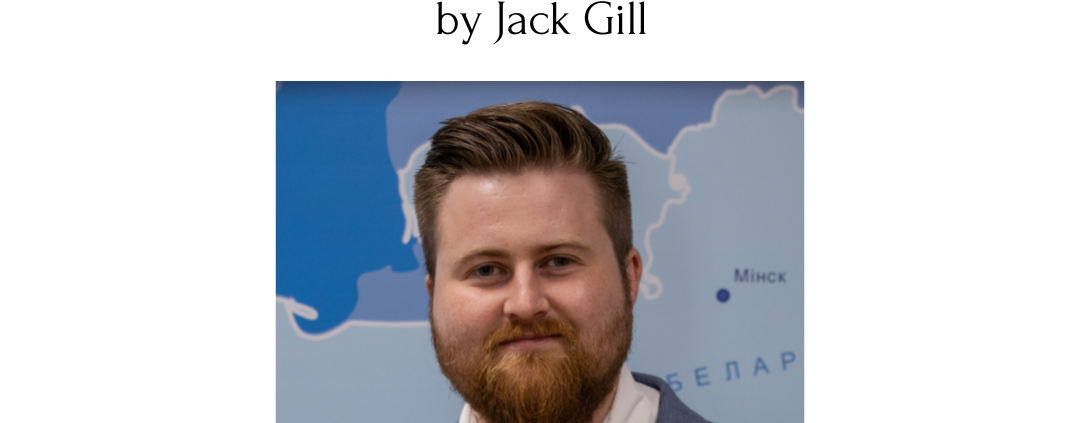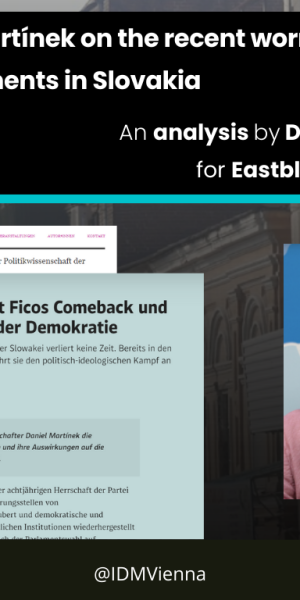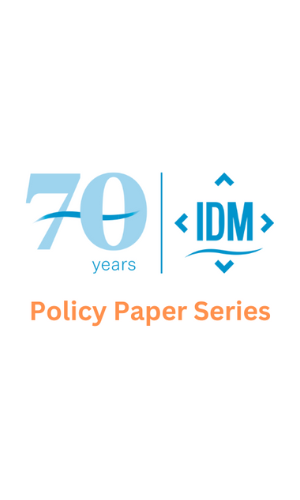Is there a lesson to be learnt from Tucker Carlson’s interview with Vladimir Putin?

By Jack Gill
The geopolitical tectonic plates of Europe have shifted much over the last two years. Since Russia’s illegal invasion of Ukraine, relations between Russia and the rest of Europe have been nought. But a recent interview by Tucker Carlson, the American conservative media personality, has shed new light on the Russian dictator’s mindset and, contrary to what some believed would embolden the European and American right’s growing respect for Vladimir Putin, has instead exposed Putin’s ideology-driven and manipulative tactics, which he uses to obscure the fact that he has no viable exit strategy from the situation into which he has dragged himself and his 143 million fellow Russians.
He began at the beginning. For nearly half an hour, Putin gave Carlson a lecture on Russian history, from the ninth century until 2022. With his narrative grounded in the common ancestor state of Russia, Ukraine and Belarus, Kievan Rus’, Putin believes that borders, in the traditional sense, do not apply in the ‘Russkiy Mir’ (Russian World). Instead, the East Slavic peoples, rather than existing as three independent sovereign states in the modern sense, supposedly belong to a civilizational spectrum that begins at the Polish border and ends at Vladivostok, in which everything should be controlled by the Kremlin in the name of the Russian nation. Troublingly similar to Adolf Hitler’s narrative on the unity of Germanic peoples under one ‘Reich’ ruled from Berlin, Putin’s ethnicity-based vision for a greater ‘Rus’ is a pipedream, which falls apart under deeper scrutiny.
Putin’s narrative collapses when he explains his ‘denazification’ policy and uses it to justify the invasion of Ukraine. One can see in the interview that Putin himself does not seriously believe in this policy, and he struggles to describe it coherently. When Carlson asks Putin about Nazism in Ukraine, the only example Putin can give is the standing ovation given unwittingly by the Canadian Parliament, with Zelensky present, to an elderly Ukrainian man who had served in the Waffen SS during the Second World War. Of course, nobody knew during the event that he had served in the SS, and once it was revealed Canada was quick to repent for the embarrassing episode. Zelensky had certainly been unaware.
But with such authoritarian manipulators, it’s just a plot point. Putin does not really believe that Ukraine is full of neo-Nazis, and nor, likely, does much of the rest of the Russian population. But as long as he keeps saying it, he can use it against Ukraine to delegitimise the existence of the state, justify its overthrow and glorify the Russian soldiers doing so as heroes, harking back to the Great Patriotic War against Nazi Germany.
Putin’s greatest ally, and the West’s greatest challenge, is time. Like all of his conflicts over the last two decades, from Georgia in 2008 to Ukraine in 2014 and again in 2022, Putin will ride out the storm as growing indifference replaces anger in public and political opinion in the West. He need only wait until Donald Trump enters the White House again in 2024, at which point the unconditional support for Ukraine will likely run out and pressure to negotiate will grow. Negotiations under such conditions would not be favourable for Ukraine. Ironically, Trump, the author of The Art of the Deal, may even volunteer to lead the negotiations himself.
At that point, with the war over and Russia’s military resources significantly depleted, the dictator would likely focus his attention inwards, on ridding all political opponents and bringing on a societal ‘Russian Winter’. The recent murder of Alexei Navalny, Putin’s largest political opponent and critic within Russia, in an Arctic hellhole prison was as symbolic as it was terrifying. As a message to warn off anyone else inclined to challenge him, nothing could be more effective.
Are there any lessons to be learnt from the interview? Yes, one. Based on the interview, we can see the huge strategic importance of narratives, and how they can be weaponised to justify the invasion of other countries. When Tucker asked Putin about his strategy towards the West, Putin stated that when he came to office in 2000, he asked then-US President Bill Clinton, hypothetically but seriously, what would happen if Russia wanted to join NATO. Clinton said he would speak to his advisers and get back to him. The answer was a firm ‘no’ as Russia failed to meet the fundamental entry requirements of NATO, such as “uphold[ing] democracy”, “making progress toward a market economy”, having military forces “under firm civilian control”, “be[ing] good neighbors and respecting sovereignty outside their borders”, and “working toward compatibility with NATO forces.”1
Thenceforth Russia became a partner of NATO, but never with a membership perspective. And although a framework for cooperation was created over the following years, namely the NATO-Russia Permanent Joint Council, this did not succeed in preventing Russia from becoming a revisionist power or channelling the country onto some kind of Western path.
Putin uses his narrative of Russia’s victimisation by NATO, as well as Ukraine’s supposed ‘rule by neo-Nazis’ and rightful place in the ‘Russian World’ to justify his violent actions. The use of such a narrative by a major power must ultimately fail if the rules-based order of international sovereignty is to prevail. Western countries should thus be aware that their perceived ‘denial’ of some countries to enter the EU or NATO can be spun into victimisation narratives, which, however wrongfully, can be used as leverage in international politics.
The opinions expressed in this article represent the views of the author and do not necessarily reflect the views of the IDM.



